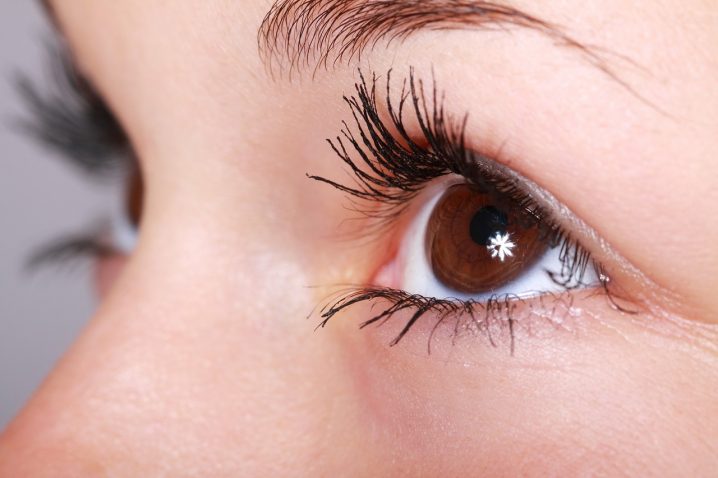If you’re having Cataract Surgery in NJ where you live, you probably already know who your surgeon will be. You’ll also need to make sure that you are fully prepared before the procedure. We will take a look at the kinds of things that you need to consider so that you are prepared for when you have surgery.

Why the surgery is performed
If your cataracts are making it difficult for you to carry out your day-to-day activities, your doctor may advise you to have surgery. The kind of questions that you can ask yourself before you choose to have surgery is:
- Do you find it difficult to watch television or read?
- Do you find it harder to see in bright lights?
- Are you safe to drive and do your job?
- Does your vision affect the level of independence that you have?
- Do you find it difficult to do day-to-day activities such as climb the stairs, go shopping, do the garden or cook?
Preparation for surgery
Before you have cataract surgery you will probably experience the below:
Have tests
Around a week before having the surgery, your eye doctor will perform an ultrasound. This measures the shape the size of your eye. The ultrasound is pain-free and it will help your doctor to determine which lens is the right one for you.
Get ready for your recovery
Usually, you’ll be able to go home on the same day as having your surgery. However, you will not be able to drive, so you will need to arrange for somebody to take you home. You may also want to arrange for someone to help you when you are at home, as you may be told to limit the activities that you do, particularly lifting or bending for a week after having surgery.
Fast
You may be told that you cannot eat or drink anything 12 hours before you have cataract surgery.
Medication
If you take any medications that could increase the risk of bleeding during the surgery, your doctor may advise that you stop taking them temporarily. If you take any medication for prostate issues you also need to let your surgeon know, as some of these drugs can interfere with the surgery.
Eye drops
You may be prescribed some antibiotic eye drops to use for the first couple of days before surgery. These can help to reduce the risk of infection.
Before the surgery
Most people who have surgery are given a lens called an intraocular lens. These lenses work by focusing light onto the back of the eye, which improves your vision. The lens becomes a part of your eye and doesn’t require you to care for it. You’ll not be able to feel the lens in your eye, nor will you be able to see it.
There are various types of intraocular lenses and all of them have different features. Before you have your cataract surgery, you can discuss the type of lens that best suits you and your lifestyle with your eye doctor. A factor to consider is the cost of the lens, as some insurance companies do not cover some of these lenses.
Intraocular lenses are made of silicon, acrylic or plastic and some can even block ultraviolet light. Some of these lenses are rigid plastic and require an incision so that the lens can be implanted and then the area is stitched back up. That said, a lot of intraocular lenses are flexible and only require small incision and may not require any stitches at all. This kind of lens is folded and then inserted into the eye, where the natural eye lens once was. Once the lens is inside the eye, it unfolds itself.
The day of the surgery
Here is what happens on the day of your surgery:
- The eye is numbed using either an injection or eye drops. You will be awake for the surgery.
- A laser or a blade is used to make small incisions in the eye, near the cornea. These incisions help the surgeon to get to the lens in your eye.
- The lens with the cataract is removed during the surgery and the new lens is then inserted in its place.
- A shield will be used on the eye to protect it whilst it heals.
- You will spend around fifteen to thirty minutes in a recovery area to rest before you will be allowed to go home.



